WASHINGTON — Top House Republicans are urging the Office of the Director of National Intelligence to fast-track a national security review of two major Chinese drone manufacturers, citing mounting concerns over foreign surveillance risks and data vulnerabilities.
The request, made in a letter Tuesday by House Republican Conference Chairwoman Elise Stefanik, Rep. John Moolenaar, R-Mich., and House Intelligence Committee Chairman Rick Crawford, R-Ark., specifically names DJI Technologies and Autel Robotics, two firms that dominate the U.S. drone market. Lawmakers are asking ODNI to complete the review within 30 days, a timeline that underscores what they call an urgent national security risk.

Review Required by FY25 NDAA
The demand follows provisions Stefanik secured in the Fiscal Year 2025 National Defense Authorization Act (NDAA), which require drone companies with ties to the Chinese Communist Party to be placed on the FCC’s Covered List unless cleared by a national security agency. The Covered List identifies communications and surveillance technology deemed a threat to U.S. national security.
“Given the recently issued Executive Order dated June 6, 2025, prioritizing accelerated integration of Unmanned Aircraft Systems into our national airspace, timely execution of this review is essential,” the lawmakers wrote.
They asked ODNI to determine whether the companies present “unacceptable risks to U.S. national security and the safety of U.S. persons” and urged immediate notification to the FCC if such risks are confirmed.
Why ODNI Is the Central Authority for Intelligence Reviews
ODNI, created in the wake of the 9/11 attacks, oversees all 18 U.S. intelligence agencies, including the NSA, CIA, FBI, and DHS. Unlike individual agencies, ODNI has the statutory authority to coordinate and consolidate intelligence across government, making it the only entity capable of delivering a full-spectrum threat assessment in a short time frame.
While agencies like the NSA specialize in signals intelligence or DHS in infrastructure protection, ODNI can access and unify findings from across disciplines—cybersecurity, counterintelligence, foreign influence, and surveillance.
This role has become increasingly critical in reviews that require both speed and credibility. A determination from ODNI would carry significant weight in future regulatory or legislative actions, including potential bans or supply chain restrictions.
DJI and Autel in the Crosshairs
DJI, short for Da-Jiang Innovations, is the world’s largest consumer drone manufacturer, responsible for more than 70% of drones sold in the U.S.. Autel Robotics, also China-based, has gained a strong foothold in the American market as well, particularly in enterprise and public safety sectors.
Both companies have faced scrutiny from U.S. officials in recent years. The Department of Defense added DJI to its list of Chinese military companies in 2021. DJI responded by denying any affiliation with the Chinese military and emphasizing its products are designed strictly for civilian use.
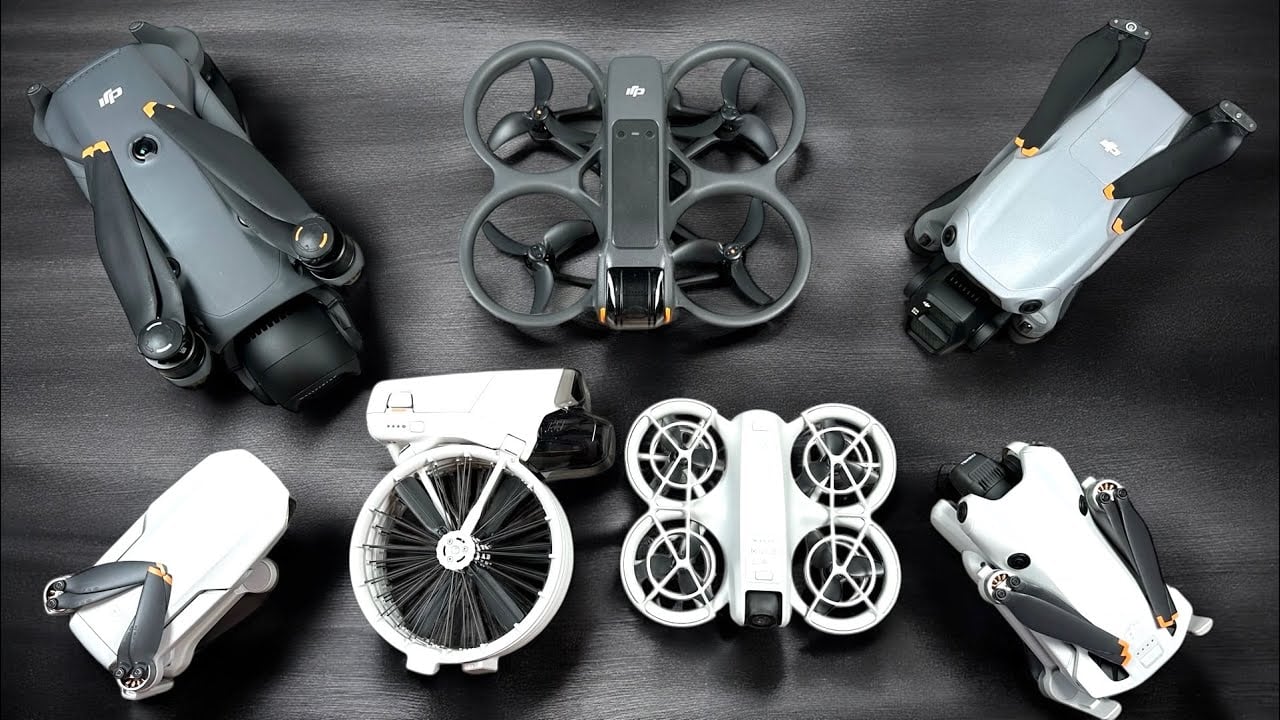
In 2022, a Pentagon audit found “no malicious code or intent” in DJI’s Government Edition drones, which had been evaluated for restricted government use. However, lawmakers behind this new review argue the audit was limited in scope and outdated given recent geopolitical developments.
Autel has largely flown under the radar until recently, despite also being subject to growing concerns over data storage practices, firmware updates, and its relationship with Chinese state-linked entities.
Why the 30-Day Deadline Matters for Drone Users
If ODNI completes its review within the 30-day window and determines that DJI and Autel pose unacceptable national security risks, it could trigger rapid regulatory action—including placement on the FCC’s Covered List. For consumer and prosumer drone pilots, this could mean restricted access to software updates, app functionality, or even sales bans in the U.S. market.
While existing drones wouldn’t be grounded overnight, future support, parts, and connectivity could be significantly impacted. Getting this review done quickly allows industry, pilots, and public agencies to prepare for potential disruption before federal restrictions take effect under the FY25 NDAA.
Broader Implications for U.S. Tech Security
The lawmakers’ request comes amid broader efforts to secure U.S. supply chains, especially in sectors involving surveillance, communications, and critical infrastructure. The Executive Order signed by President Trump on June 6 emphasized domestic production of unmanned systems and warned against undue foreign influence in the drone and telecommunications industries.
Should ODNI determine that DJI, Autel, or their subsidiaries pose an unacceptable threat, those entities could be added to the FCC’s Covered List within the year, as mandated by the NDAA.
Lawmakers requested ODNI inform Congress immediately upon initiating the review, provide an estimated completion date, and share preliminary findings as they become available.
“This is not just about drones,” a congressional aide familiar with the letter said. “This is about who controls the data in our airspace, and whether the U.S. is prepared to make hard decisions to protect it.”


Discover more from DroneXL.co
Subscribe to get the latest posts sent to your email.
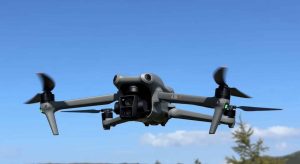
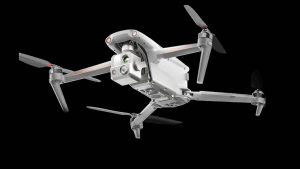
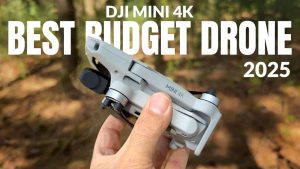
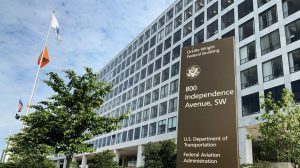
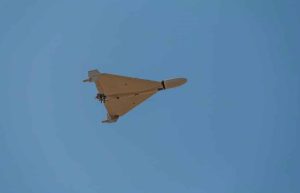
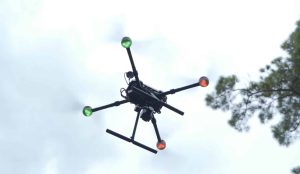
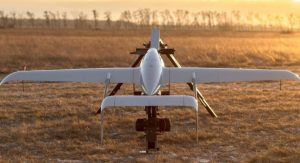
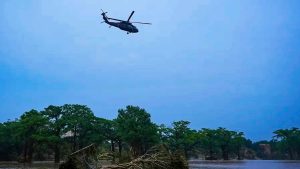

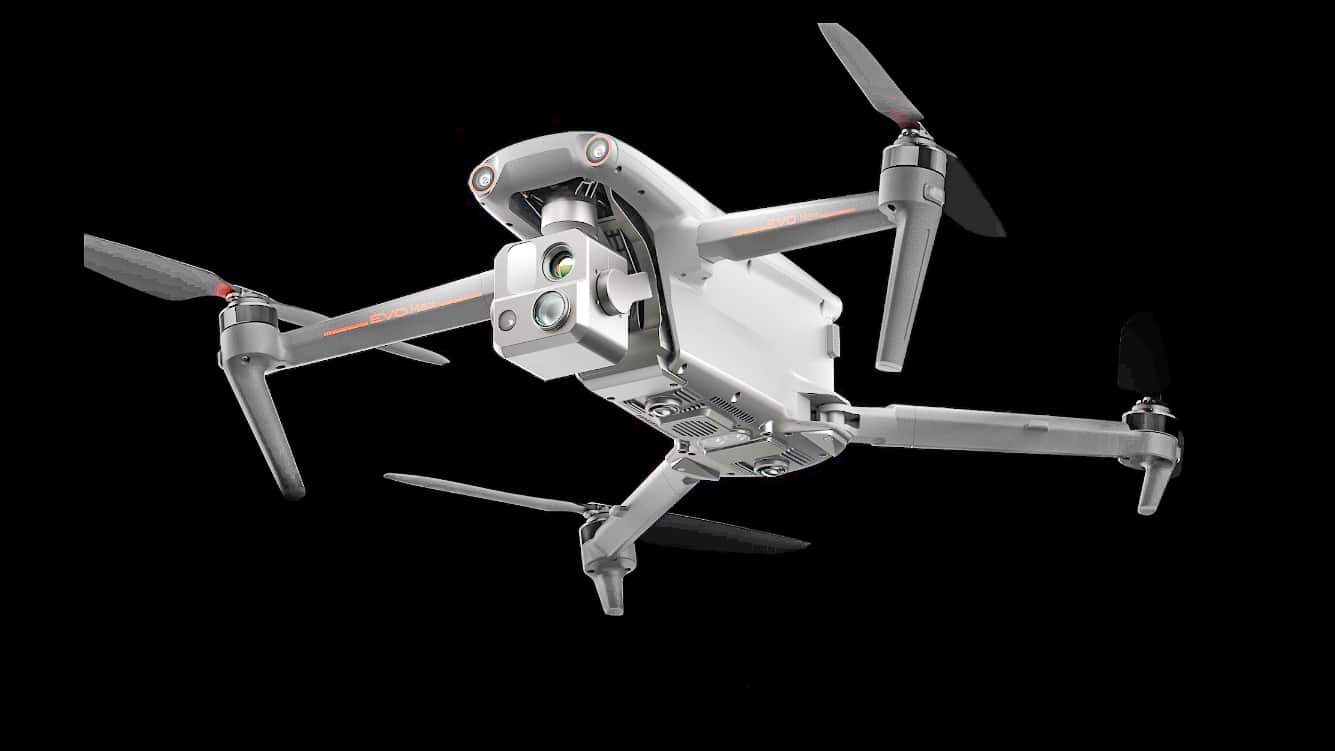
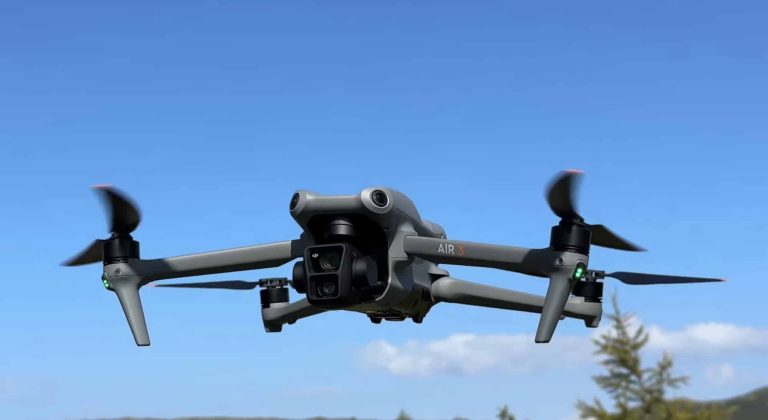
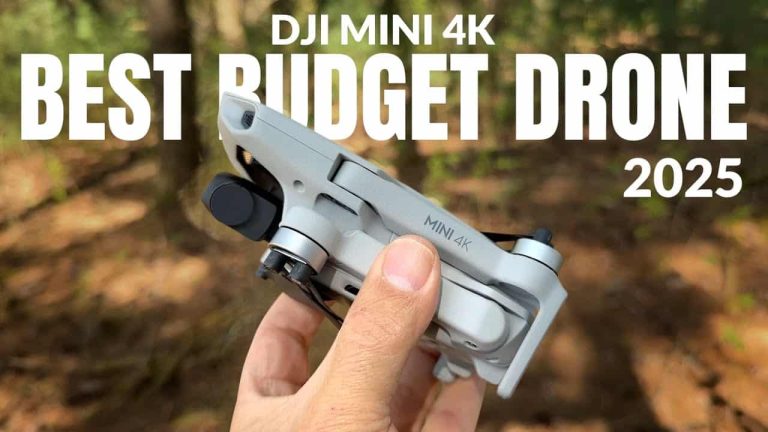
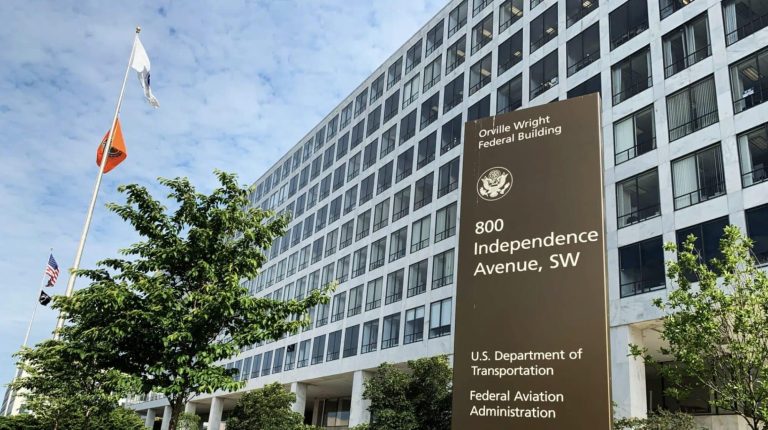
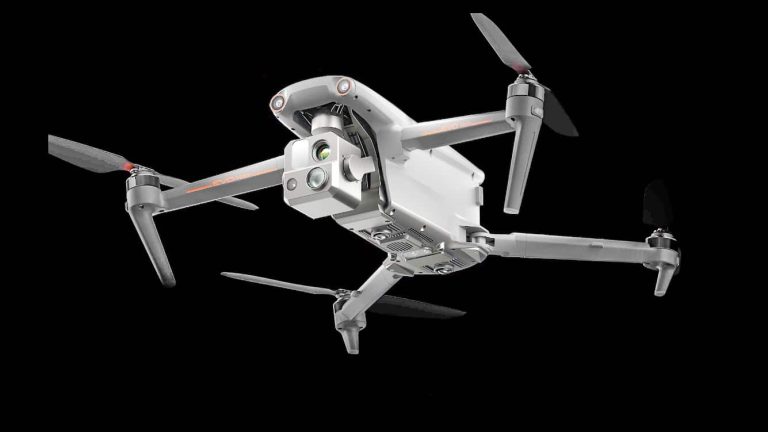
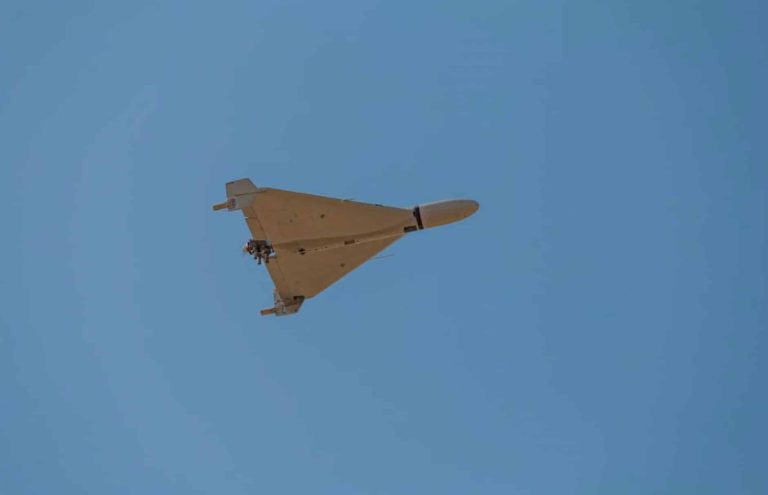
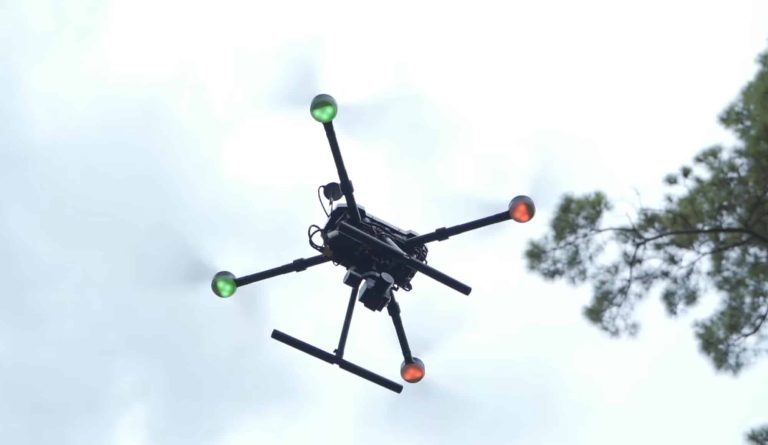
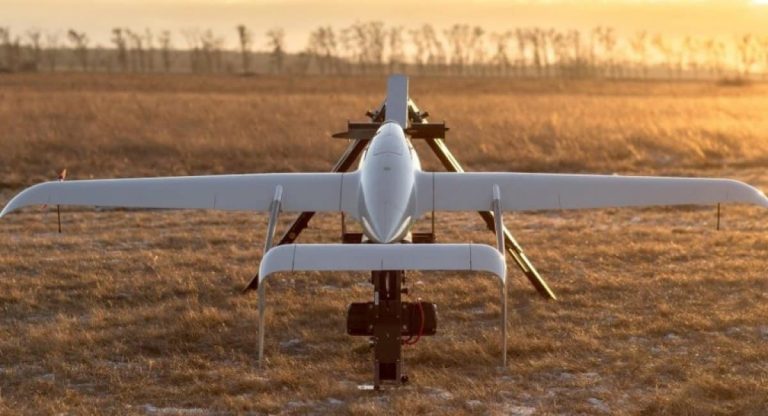
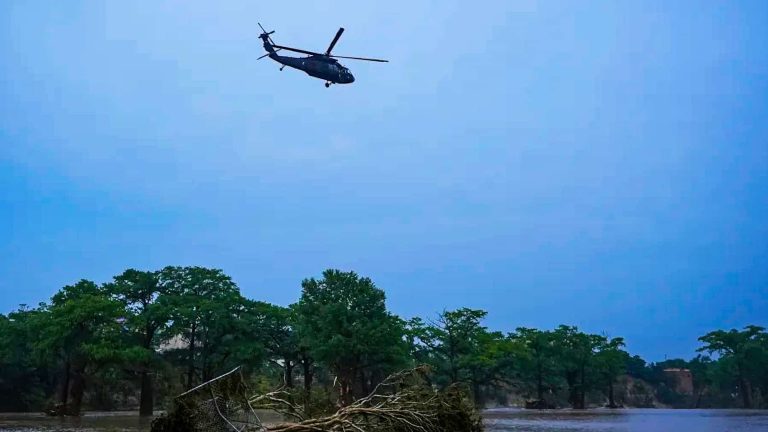
+ There are no comments
Add yours